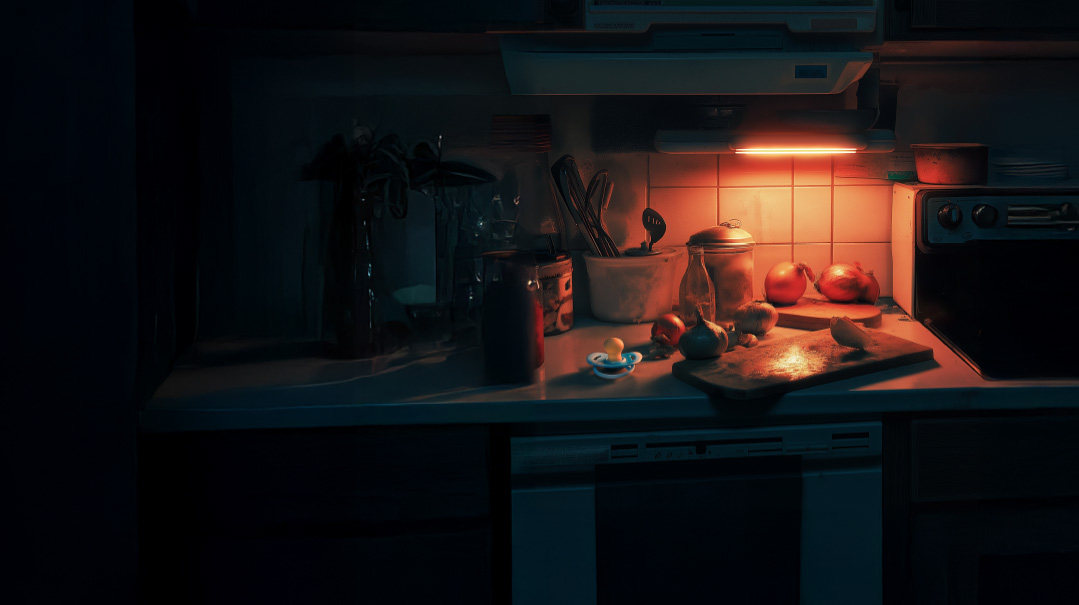Untouchable
| August 30, 2022I’ve been teaching for years, but just two days in, I’ve given up

E
very teacher has that class, the one that pushes her limits. Some teachers ride a seesaw: years of success and years of aching despair and helplessness, in which they drag their feet into a classroom and leave it exhausted instead of energized. Others are challenged only rarely. But those who claim to have never confronted that class, or that student, really, are either lying — or haven’t taught long enough.
I’d taught for nine years before my turn came. It wasn’t the troubled kids who dragged me down. Those kids, the ones who need an anchor, who are elated to discover that success is within their grasp, are the ones I love. They’re the reason I moved across the country to teach in the big city.
No. My class, which I meet in the autumn of 2019, hails from perfectly stable families, with strong backgrounds and grand houses. They are bright and energetic, and they bring me to my knees.
It starts like this: I switch Shoshie Kleinberg’s seat on the second day. It’s not supposed to be an opening salvo; it’s Day Two. I don’t yet know the power Shoshie has, how she can turn two dozen girls against a teacher. And these girls — they’re waiting for it, waiting to watch Shoshie go to war.
Day Two, and it’s over.
Three weeks in, and I’m standing at the front of the class, asking to see homework on every desk. Shoshie looks up at me, tosses her hair, and lays a hand on her empty desk with a challenge in her eyes. “I forgot my homework at home,” she says dismissively. I let it go. Kids do forget their homework, after all.
But then the next desk, empty as well. A third. A fourth. There are a few completed assignments from quiet girls who look furtive when I get to them. Nine years, and I’m not sure what to do with such egregious nerve. There are whispers around me, a few muffled snickers. My lips tighten, and I mark Shoshie down.
It’s clear that this class is on strike.
Oops! We could not locate your form.







